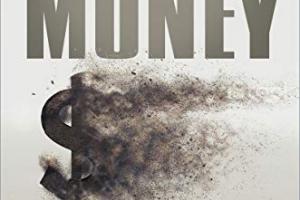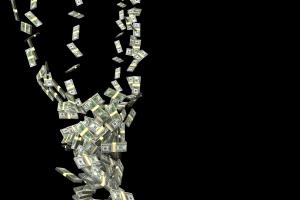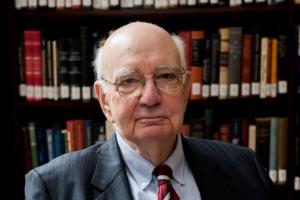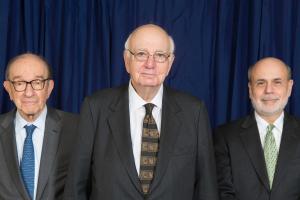Pulse: Macro
Japanese Corporate Governance: A Response to Marsha Vande Berg
This is a response to Marsha's piece here.
Review of Hostile Money: Currencies in Conflict
“The purposes of money are constant, the way it operates varies hugely” says Paul Wilson at the outset – and few authors have illustrated this as interestingly as he does. Impressively erudite, he never lets his command of detail hold up the story, so that the reader is swept up in the stormy history of money’s role in some of the greatest social, political and military conflicts from ancient Rome to the cyber warfare of the 21st century.
The Power of Money: How Ideas about Money Shaped the Modern World
Forrest Capie, Professor Emeritus of Economic History, Cass Business School and author of the modern History of the Bank of England writes:
“Robert Pringle has written a book on money that is different from any other.”
He “draws on a long life in the worlds of money, banking, and central banking and on his wide-ranging interests beyond economics and the social sciences to history and the arts to reflect on the strange relationship money and society have on and to each other.”
My Volcker anecdotes: The risk and reality of hubris
Of all my memories of Paul Volcker – I first met him in the early 1970s when we was UnderSecretary for Monetary Affairs at the US Treasury and I was editing The Banker – four are particularly persistent:
How Ideas about Money Shaped the Modern World: The Power of Money
Sorry to have been absent for so long. Actually I haven’t been bone idle. At least, not all the time, though I did manage to stow away on a couple of long cruises. But even then, surfing the ocean waves in my 40,000 ton dinghy, I’ve been thinking about that funny old subject – yes, my favourite, money. From a different angle – the arts and sciences, history, literature, faith and illusion. And the result is – another book! Here is the beast:
https://www.palgrave.com/us/book/9783030258931
Volcker Offers Lessons for the Fed and Other Policymakers
The passing of legends prompts renewed consideration of their achievements and, of times, conjures not-so-favorable comparisons to their successors. Paul Volcker, who died at 92 this week, set the standard for bold monetary policy as Fed chairman from 1979 to 1987. Taking the helm amid stubbornly high and rising inflation and lackluster trend real growth, he faced the Federal Reserve’s greatest challenge since the Great Depression. Like that earlier episode, bad decisions by his predecessors had created much of the crisis.
IFF Remarks on Deepening China and EU Economic and Financial Cooperation
The title of this session is leadership dialogue and the focus is “deepening China and EU economic and financial cooperation” in what this forum is calling the new global context. I’d like to use my time to look briefly at two dynamics that are affecting the evolution of this China/EU cooperation and then conclude with a comment about the importance of political leadership for quality outcomes as well as for a more peaceful world order.
What just Happened in Iran?
1.The Islamic Republic of Iran (IRI) is faced with unprecedented anti-government demonstrations. Whether there was foreign intervention (there might have been), the scale of the riots and the depth of popular anger has been unprecedented, especially come from the “deplorables”. The regime reacted with extreme brutality. However, it has been forced to acknowledge the killings, especially at the city of Mahshahr—even Parliament is reacting, with talk of a special commission of inquiry
Hale Report: Podcast Episode 7 - Interview with Michele Wucker
Today's podcast guest is a fellow Chicagoan, best-selling author Michele Wucker. Her thought-provoking book, the Gray Rhino, was published in 2016 and has been quoted by President Xi Jinping of China. Michele’s key insight is that even when we see the future charging at us, we often fail to act.
To listen to the full podcast, please click here.
The Economic Consequences of War - EconVue Spotlight
In 1919 John Maynard Keynes wrote the first best-seller in economics, The Economic Consequences of the Peace. The title is a bit misleading, since it is really about the cost of war. He railed against the Treaty of Versailles, correctly predicting that inequitable conditions of peace made another world war inevitable.


 by
by 
 by
by 



 by
by 
 by
by 
 by
by 
 by
by 
